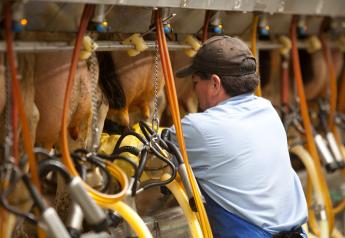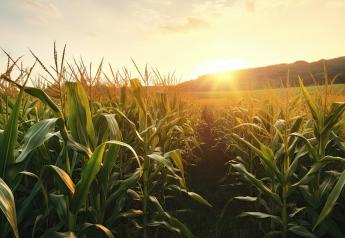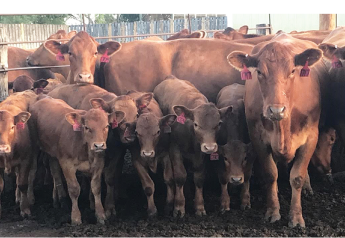Indiana Modifies Bovine TB-Testing Requirements for Cattle Entry

The blanket requirement for bovine tuberculosis (TB) testing of dairy cattle entering Indiana has been lifted, effective July 11. The updated rule still requires TB testing; however, dairy breeds must now meet the same standard as all other cattle and bison.
Additionally, the valid period for existing bovine tuberculosis-free accredited herds has been extended to 2 years (or 730 days). Members of the Indiana State Board of Animal Health (BOAH) approved this change at their regular July meeting to align with federal rules, as well as those in other states.
To bring cattle or bison into the state of Indiana, the animals must meet the following criteria, based on the animals' origin and destination:
Exhibition:
- Animals moving into and out of Indiana within a 10-day period must follow the import testing requirements listed for the status of their state of origin.
Importation:
- TB-Free States and Zones – Cattle or bison may move with no restrictions.
- Modified Accredited Advanced States or Zones – Cattle and bison 18 months of age and older must test negative for tuberculosis within 60 days prior to entering. Animals do not need to be retested if they tested negative for tuberculosis as part of a herd tuberculosis test at their herd of origin within 6 months prior to their movement into Indiana.
- Modified Accredited States or Zones (TB-infected zone in Michigan: Alcona, Alpena, Montmorency, and Oscoda counties as of Oct. 2014.) – Steers and spayed heifers 2 months of age and older must test negative within 60 days prior to entry.
All sexually intact animals must originate from herds that test negative for TB within 1 year prior to the date of movement into Indiana, and individually test negative within 60 days prior to entering, if the animal is 2 months of age or older.
Exceptions to TB-Testing Requirements (all sexes, breeds, and states or zones)
- Animals moving directly to slaughter or to slaughter through only one approved livestock facility.
- Animals originating from an accredited herd (NOTE: accredited herd number must be provided).
- Animals moved in accordance with a BOAH-approved commuter herd agreement.
Mexico: Special requirements for cattle originating from Mexico.
More details about requirements to import cattle into Indiana are available online.







